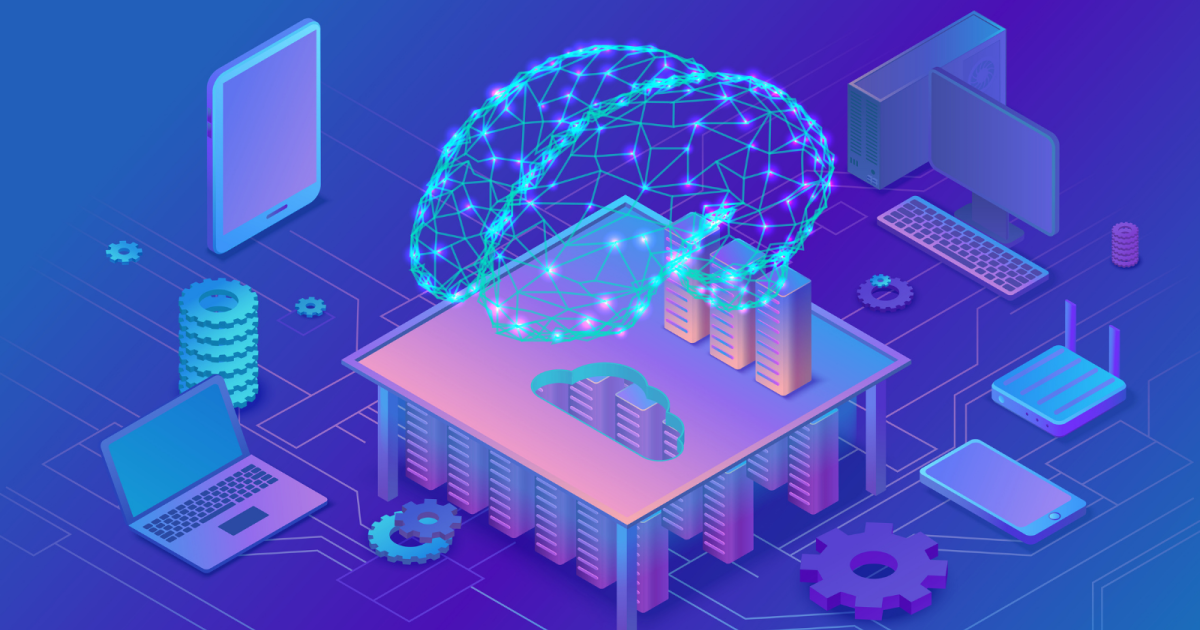Artificial intelligence (AI) has rapidly ascended from a niche technological innovation to a core component of modern computing, paralleling the transformative impacts of the internet and cloud technology. As we delve deeper into 2024, AI continues to redefine the boundaries of what technology can achieve across various sectors, including healthcare, finance, national security, and more. This shift is not just about automation but about fundamentally enhancing human capabilities and reshaping industries.
The integration of AI into daily technology has made tools like ChatGPT and Microsoft Copilot commonplace, reflecting AI’s growing accessibility and sophistication. These advancements have enabled both mundane and complex tasks to be conducted with greater efficiency and accuracy, thereby pushing AI to become as indispensable as the internet and cloud computing in driving future innovations and economic growth.
Several key trends highlight the evolving landscape of AI. For instance, generative AI has revolutionized content creation and business processes, leading to increased productivity and the inception of new business models and revenue streams. This has propelled generative AI to the forefront of technological discussions, akin to the early days of the internet or cloud breakthroughs. Additionally, the rise of small language models promises to make AI more accessible on mobile devices, fostering a new wave of on-the-go AI applications.
Moreover, AI’s application in multimodal capabilities, where machines understand and interpret various forms of data like text, images, and audio, is enhancing user interactions with technology, making digital environments more intuitive and aligned with human behavior. This is particularly evident in Microsoft’s development of technologies that not only enhance productivity but also aim to address global challenges such as climate change and health crises through faster scientific discoveries and innovations.
However, the expansion of AI also brings challenges, notably in terms of data privacy, ethical concerns, and the need for robust regulatory frameworks to ensure that AI’s growth benefits all sectors of society equitably. Such considerations are critical to harnessing AI’s full potential while safeguarding fundamental human values and rights.
AI’s trajectory suggests it will be as foundational to the future as the internet and cloud computing have been to the past and present. Its integration across multiple platforms and industries underscores its potential to drive significant societal and economic transformations, promising a future where AI is omnipresent and universally beneficial.






























